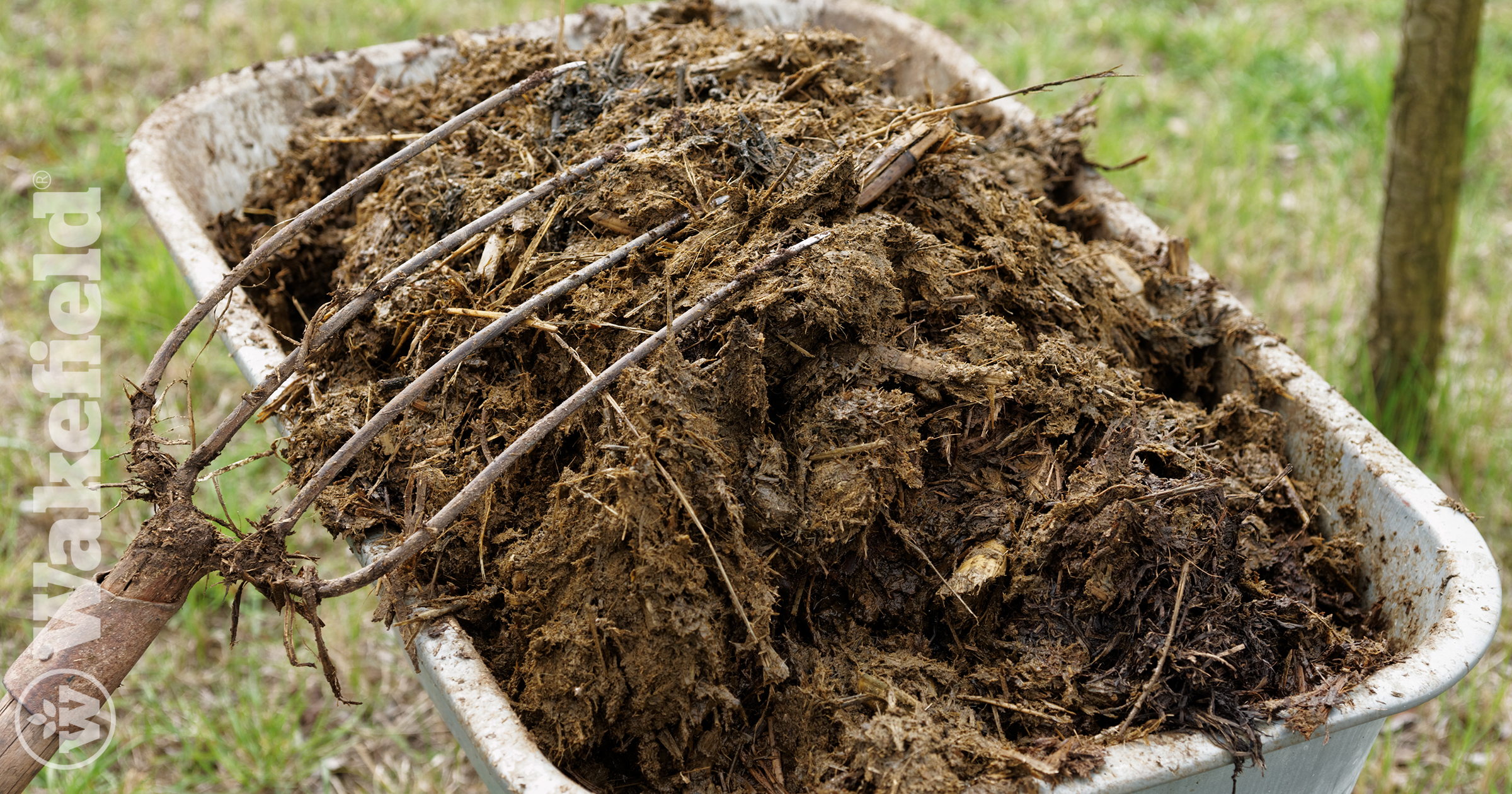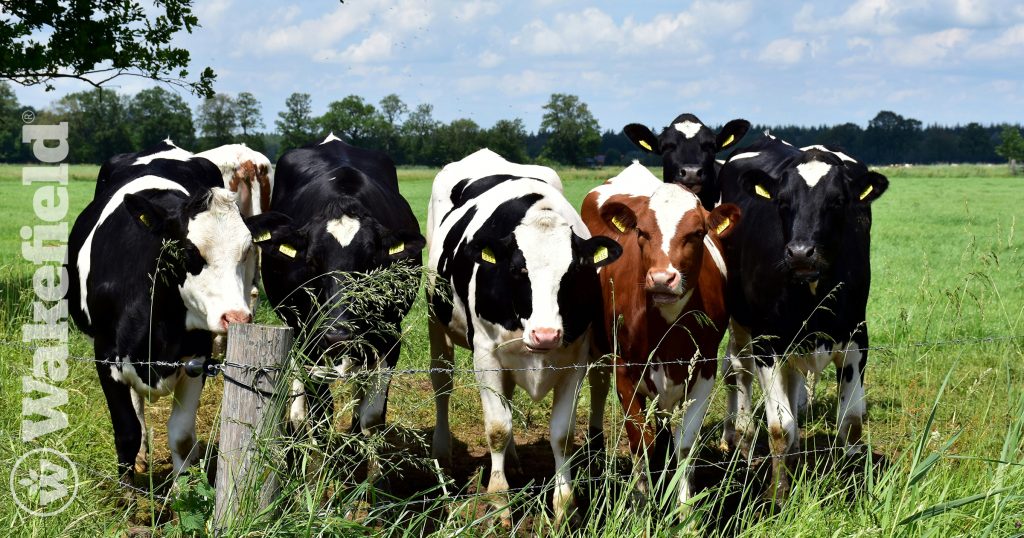How to use Biochar with Animal Manure

Agriculture has always been about finding the right balance between soil, water, and nutrients. Farmers and gardeners continually seek ways to enhance soil fertility and crop yield. One timeless and natural method involves using animal manure. When combined with innovative solutions like Wakefield BioChar, the benefits can be extraordinary.
How to Apply Biochar to Animal Manure
Integrating animal manure with biochar can significantly improve soil fertility and crop yields. When biochar is used as a feed additive or in animal litter, you should add 5 percent by volume to the manure belt to enhance nutrient retention and reduce odors. On the other hand, without prior biochar inclusion, you should add 10 percent by volume directly to the manure. Consequently, this combination promotes better soil structure, increased microbial activity, and reduced greenhouse gas emissions. Ultimately, it contributes to a more sustainable and productive farming practice.
The Benefits of Animal Manure
Manure provides key nutrients like nitrogen, phosphorus, and potassium, which are essential for plant growth. Moreover, these nutrients are released slowly, thus giving plants a steady supply over time. Consequently, this slow release prevents nutrient loss and ensures that plants have continuous access to the nutrients they need.
Soil Structure Improvement
The organic matter in manure improves soil structure, making it better for air and water flow. This is especially helpful for sandy soils, which can drain too quickly. Better soil structure supports healthy root growth and nutrient absorption. Manure adds beneficial microbes to the soil. These microbes break down organic matter, making nutrients more available to plants. They also help suppress harmful soil pathogens, leading to healthier soil.
Increased Water Retention
Manure helps the soil hold more water, which is crucial in areas with limited water supply. Improved water retention ensures plants have enough moisture even during dry periods, promoting consistent growth.
Sustainable Practice
Using animal manure recycles waste, reducing the need for synthetic fertilizers. This sustainable approach lowers farming costs and minimizes environmental impact, contributing to a greener and more cost-effective farming system.
You can add biochar to animal feed, litter, or directly mix it with the manure. The benefits of this combination are significant, including better nutrient retention, improved soil structure, and enhanced microbial activity. By applying these practical steps, you can create a nutrient-rich and eco-friendly manure amendment that will support sustainable and productive farming for the long term.
Better soil. Better world. Happy farming!







